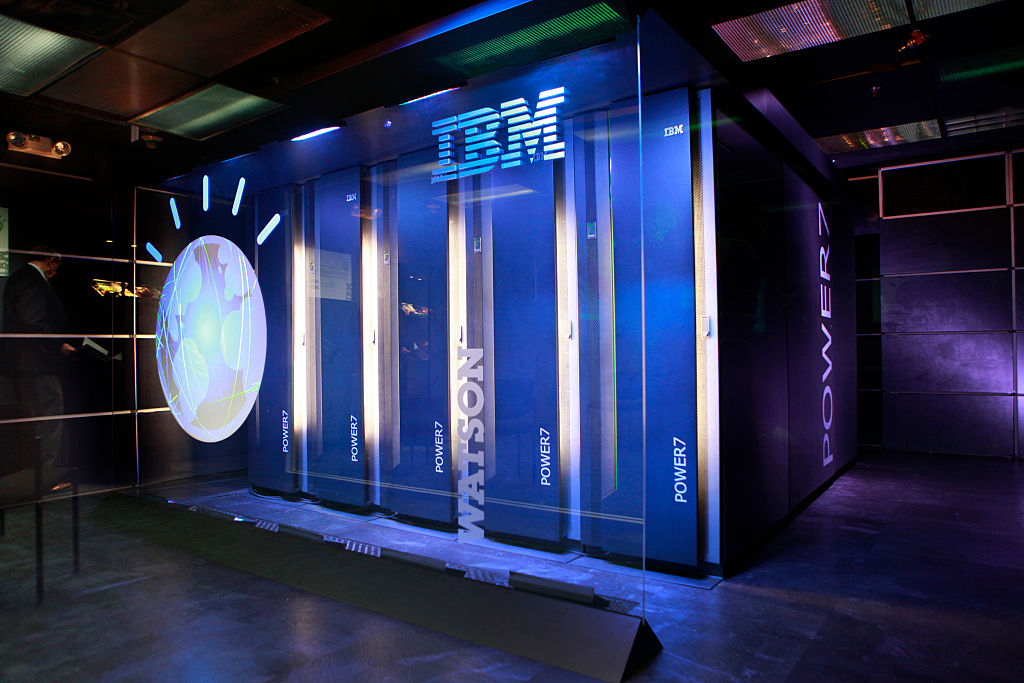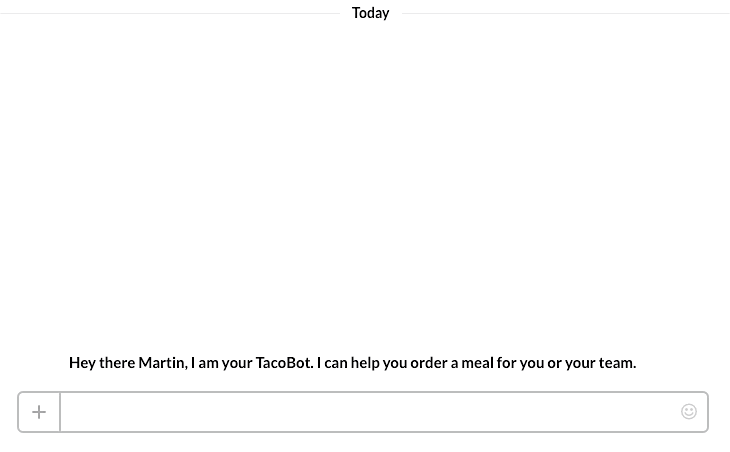How Artificial Intelligence is Changing Web Development
How Artificial Intelligence is Changing Web Development
Mike Mangi | Director of Digital Strategy
August 15, 2017
What do you think of when you think Artificial Intelligence? Maybe you think of IBM’s Watson and how it won at Jeopardy a few years back. Maybe you remember hearing recently that Google’s DeepMind beat someone at a really challenging game called Go. Maybe that makes you think of Google’s self-driving cars. Regardless of exactly what you associate with AI, it is serious business. Forrester predicts a 300% increase in AI investment this year.

We’re all familiar with digital personal assistants like Siri, Cortana, Alexa, and Google Assistant. They interact through internet connected devices that use AI to process natural language searches. You may also be familiar with chatbots, which mimic human conversation with brands. Staples uses Watson enabled chatbots to place orders, and have created their own Amazon Echo Dot-like voice enabled Easy button.
Twitter has chatbots integrated into its direct messaging which can be used to help brands handle customer issues. Airbnb, Pizza Hut, and Evernote are among the first on board. And coming soon is the Slack-powered TacoBot from Taco Bell, making it even easier to order food while on a conference call.

The chatbot ecosystem has become quite mature. There are many tools and services available for creating chatbots. Amazon has Lex and IBM’s Watson works with Botkit. Google recently launched an analytics service just for chatbots called Chatbase which will help developers optimize their bots’ user experience.
AI is affecting the web with more than just chatbots, of course. Skype Translator translates voice and text on the fly. And the API is available as a service for businesses that want to add speech translation to their custom apps and solutions.

I’m sure you’re familiar with the AI Netflix uses to make recommendations for movies and shows, but you may not be aware that they also use AI to dynamically stream video so that there is no buffering. That could eventually influence the way all video content is served on the web.
AI is heavily used in Search Engine Optimization (SEO). In fact Goole’s AI RankBrain is now its third most important ranking factor behind links and content. And the ability to process natural language is changing the way we search. We can say longer, and more complex, search strings faster than we can type.
AI is affecting other industry tools too. Salesforce’s Einstein can review all of your email correspondence with a prospect and make a prediction on whether or not they really have decision making power at their company. A company called Influential uses IBM’s Watson to help you find the best social media influencers for your target audiences. IBM’s Content Hub platform analyses the images, videos, and documents you upload and auto-tags them. Persado processes your web content line by line and tells you how to tweak it for better performance. Wordsmith will generate entire web pages full of content for you based on the data you provide.
And there are a few services like thegrid.io that will create a whole website for you based on a short questionnaire you fill out. Firedrop.ai uses a chatbot to do build your website. And WIX ADI generates a website for you with intelligent design choices based on data gleaned from the 85 million users on the Wix platform.
Enterprise players are getting involved too. Adobe is bringing AI driven features to Creative Cloud and their Experience Manager CMS. Adobe also has an AI powered app in the works to improve your selfies, and another to find images for you based on keywords. And OpenText is promising it’s AI features will be more open than IBM’s.
The heavy hitters are making big investments in AI. And the good news is that they are making their tool sets available. Google, Amazon, and IBM all have robust tools, SDKs, and sample apps to build with. AI innovation is speeding up. Google just announced at it’s I/O conference that it has an AI, called AutoML, capable of creating other AIs.
Perhaps you’ve heard about the AI debates between Elon Musk and Mark Zuckerberg. Or the Facebook AI that was recently shut down after it created its own language and taught itself to lie. And maybe all of this has you concerned that web and app development will be completely taken over by Artificial Intelligence.
The reality is that AI technologies are still developing. There is a great opportunity for us to use AI to improve both the development process, and the end user experience. We are able to automate previously tedious and time-consuming processes like image and document tagging. Chatbots can help users find answers to many customer service issues faster than email or phone support. AI can also be used to personalize content to each user’s individual preferences. And all of that adds up to faster iteration for web developers, and more engaging and streamlined interactions for users.
Interested in learning about the Voice UI and machine learning landscape? Check out this article!

